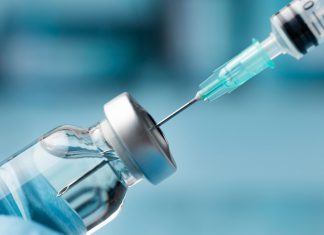By the end of 2025, Russia will have a database of genomes of 100 thousand people. At the moment, the center for whole genome sequencing has a scientific database containing more than 27 thousand genomes. Andrey Shishkin, vice president for energy, localization, and innovation at Rosneft, stated that nearly all developed countries around the globe possess databases containing anywhere from 30,000 to half a million genomes. There is a discussion taking place about the potential for organizing extensive bioinformatics research in the Russian Federation. The research would focus on identifying genetic markers for diseases by utilizing anonymized data from a newly created genome database.
70% of the information in the current database is contributed by volunteers, while the remaining 30% is sourced directly from patients of medical institutions. “The created database of genomes is of fundamental importance for clarifying the history of the origin and distribution of the peoples of Russia, which is also important for conducting medical scientific research relevant to the population of the Russian Federation,” Shishkin says.
He stated that the center’s analysis has successfully uncovered over 10 novel genetic mutations linked to hematological and oncological disorders in children. He explained that these findings will pave the way for the development of tailor-made diagnostic and therapeutic methods specifically beneficial for the Russian populace in the coming times.




